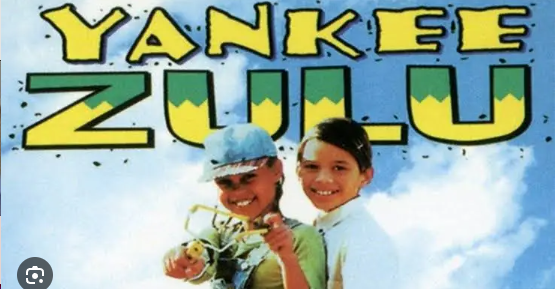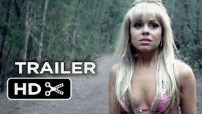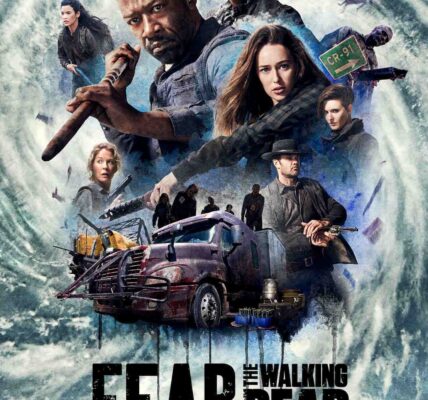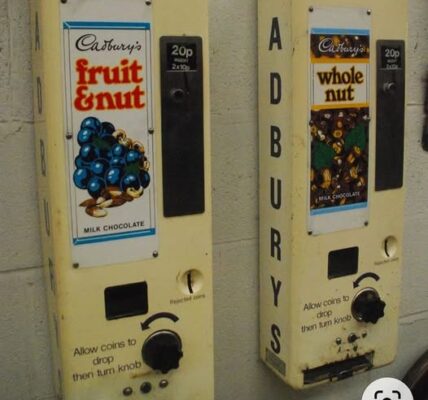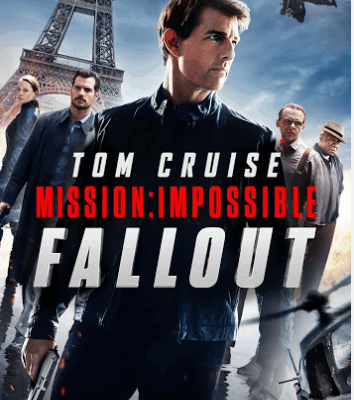1. Plot Summary
Childhood friends Rhino (white) and Zulu (black) grow up during apartheid-era South Africa, until a racial incident orchestrated by Rhino’s girlfriend Rowena shatters their bond. Decades later, Zulu returns from the U.S. as a petty criminal deported back to South Africa, where he absconds with a winning lottery ticket belonging to the racist Gen. Diehard. Zulu seeks out Rhino, and together they embark on a wild, disguise-filled chase to claim the prize—helmed by rowdy homages to Home Alone-style traps and political caricature.
2. Notable Elements
-
Slapstick & Pranks: The film packs non-stop physical humor—mud-throwing, costume gags including face-paint disguises—and comedic chaos reminiscent of The Gods Must Be Crazy and Home Alone.
-
Cultural References: Rhino and Zulu’s cross-cultural friendship and eventual role-reversal (with whiteface and blackface) are used to lampoon apartheid-era racism—controversially in today’s context.
-
Visual Comedy & Setting: Shot in iconic South African landscapes and the flashy Sun City resort, the film contrasts rustic familiarity with neon excess, heightening its satirical tone.
3. Themes & Messages
-
Friendship Beyond Race: At its heart, the movie celebrates a deep bond that overcomes prejudice and societal division. Even amid absurdity, reconciliation and loyalty drive the story.
-
Satire of Bigotry: Characters like Gen. Diehard and Rowena parody extremist racism through caricature—highlighting the absurdity of ideological hatred.
-
Humor with Awareness: Although the slapstick is juvenile, the anti-apartheid commentary is explicit: racism is portrayed as ignorant, harmful, and ultimately defeated by human compassion.
4. Personal Impressions
Strengths:
-
High-energy performances from Schuster and Matshikiza deliver genuine chemistry and comedic timing, despite minimal dialogue.
-
The film’s satire is bold and unapologetic—South Africa’s highest‑grossing comedy at home, indicating strong local resonance.
Weaknesses:
-
The humor has not aged well: the use of blackface and whiteface in disguise is now widely regarded as problematic.
-
Plot and character depth are minimal—the film trades subtlety for frenetic energy, and narrative logic often gives way to gag setups.
5. Audience Recommendations
Best for you if you enjoy:
-
Zany international comedies, especially absurd slapstick with a message.
-
Social satire with roots in specific histories (apartheid-era South Africa).
-
Films in the vein of The Gods Must Be Crazy—quirky, chaotic, and rich in cultural flavor.
Less suited for:
-
Viewers sensitive to outdated racial caricatures or face-paint humor.
-
Audiences looking for polished storytelling or modern sensibilities.
6. Conclusion & Rating
Yankee Zulu is a rollicking, offbeat comedy that blends friendship, race satire, and slapstick into an unpolished but affectionate farce. It’s a product of its time—often cringe-worthy by today’s standards—but retains a nostalgic charm and emotional core in its portrayal of reconciliation.
Final Recommendation: Best approached as a cultural curiosity—intended to entertain and provoke through exaggerated humor and historic context.
⭐️⭐️⭐☆☆ 3 out of 5 stars
Watch more:
